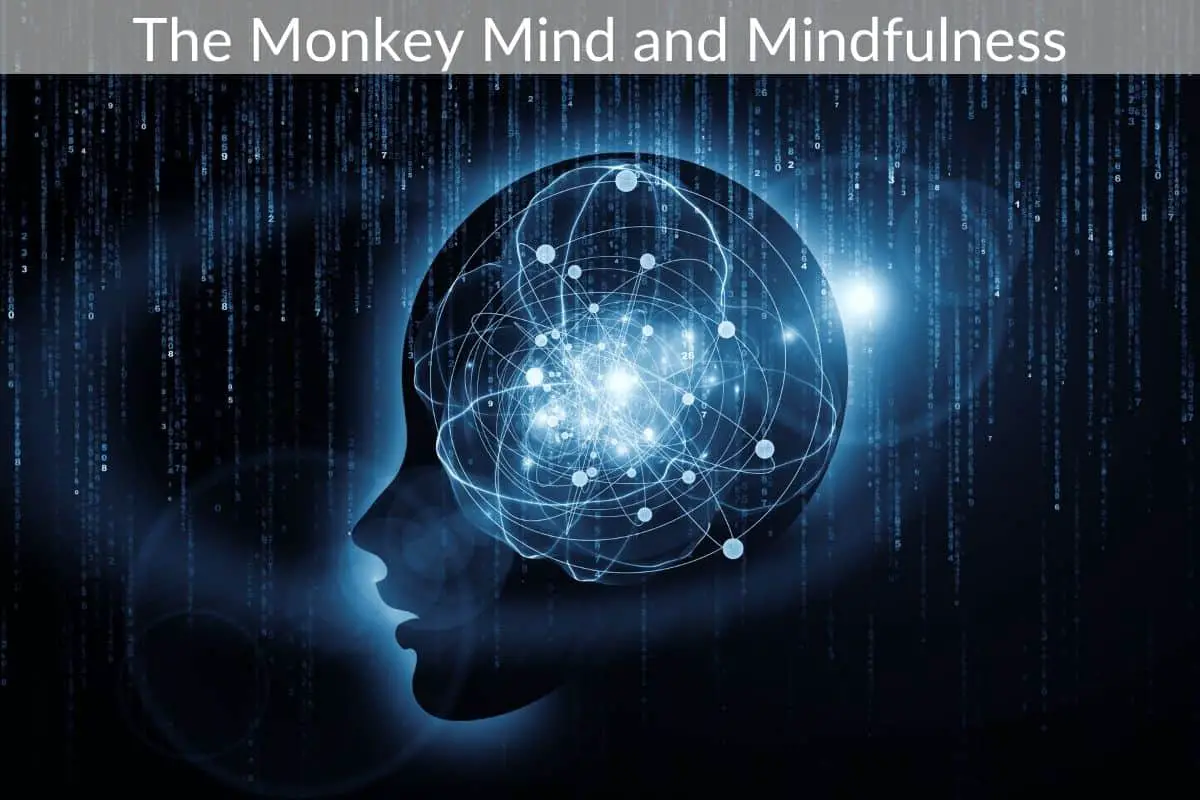 “You can’t stop the waves, but you can learn to surf.”
“You can’t stop the waves, but you can learn to surf.”
— Jon Kabat-Zinn
The term “Monkey Mind” stems from the observation that left untamed, our minds’ natural state can tend toward being unsettled, indecisive and uncontrollable. However, the Buddhist and many others know that you have the power to tame your monkey mind and keep it in order.
*This post may contain affiliate links. As an Amazon Associate we earn from qualifying purchases.
Don’t let your thoughts rule you, instead learn to rule your thoughts. A restless mind has many effects that can include trouble sleeping, poor decision-making, anxiety and even depression when left to run wild. Learning to foster a calm mind will help you become a better athlete and person.
What is mindfulness?
It’s the practice of observing yourself and your thoughts in relation the present moment and your surroundings. It’s being aware. It sounds simple, but it’s profoundly effective for many people in reducing stress and fostering more control over the monkey mind.
While mindfulness training may have its origins in Buddhism, mainstream mindfulness has penetrated the popular consciousness, in large part thanks to the efforts of Jon Kabat-Zinn, a professor of medicine emeritus and creator of the Stress Reduction Clinic and the Center for Mindfulness at the University of Massachusetts Medical School. Kabat-Zinn pioneered the movement in 1979 that learning the practice of mindful living could greatly heal our mind/body connection and reduce stress and enhance performance.
 The mindfulness movement says that most of our stress comes from your thoughts being in contrast to your surroundings and that incongruity causes stress. For example, an athlete may worry about a past performance while trying to not repeat that mistake. This causes a monkey mind and takes the athlete out of the present moment and into the past or future by worrying.
The mindfulness movement says that most of our stress comes from your thoughts being in contrast to your surroundings and that incongruity causes stress. For example, an athlete may worry about a past performance while trying to not repeat that mistake. This causes a monkey mind and takes the athlete out of the present moment and into the past or future by worrying.
Mindfulness training facilitates the awareness of these thoughts, so you realize when you’re having them. From there, the awareness of not placing judgement on these thoughts as “good” or “bad”, which ultimately compounds your stress more, but just to notice you’re having them and start to ask more about why you feel this way.
What’s causing the thoughts? Are they really helping? Awareness is the essence of mindfulness training and it’s meant to help you start to pinpoint and question your stressful thoughts. Since we know now with medicine and scientific studies that stress has a profoundly negative and damaging effect on your health, it’s easy to see that practicing mindfulness could help you not only have a calmer mind as an athlete, it could also greatly contribute to your health.

